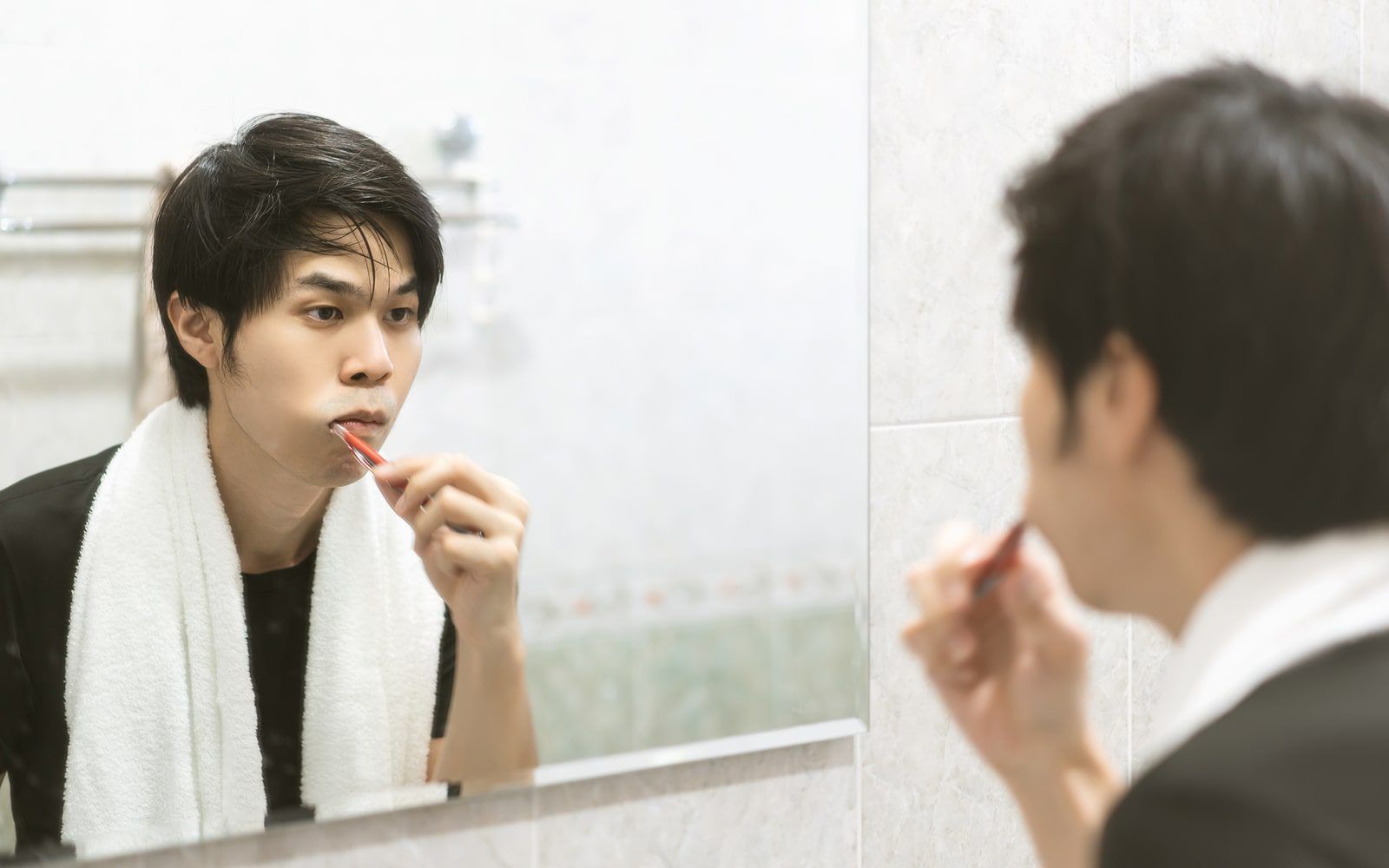Can Hypnosis Be Used As A Way To Reduce Dental Anxiety?

When most people think of hypnosis, it usually conjures up images of show business gags and performers acting for entertainment. However, hypnotherapy has some misconceptions, and it’s often used in therapy sessions to help patients ease feelings, explore thoughts and revisit memories. But in other clinical settings, hypnosis has been used to help patients control feelings of fear during dental treatment. This therapeutic method has been around since the early 1800s, and because of its success alongside other therapy methods, it’s still used today in some practices. But why? We’re here to explore the brief history of hypnotherapy and how it’s used in today’s practices.
How Hypnotherapy Works At The Dental Office
Hypnosis is a form of unconsciousness that resembles sleep, which causes the person under hypnosis to be fully awake but has decreased peripheral awareness. It is an analgesic-free method for treating dental pain and other diseases. Through a hypnotic trance, the subject is more malleable to the suggestions provided by the person performing the treatment. In many cases, however, hypnosis has a bad reputation of being unreliable, and the majority of those claims are entirely justified due to the inconsistencies of studies involving hypnosis.
But in a dental setting, hypnosis can be performed to help alleviate signs of dental anxiety under the patient’s or guardians’ consent. Through this method, the patient can be aware of the method directly or can be used indirectly through casual conversation. But this treatment can even go beyond anxiety relief. It can be used to help control habits of bruxism, help control pain, provide muscle relaxation, and help soothe those with sensitive gag reflexes.
Does Hypnosis Truly Work?
Hypnosis isn’t for everyone, but it can be used as a psychological tool to help children, especially those prone to overactive imaginations and bouts of dental anxiety. Through this subtle suggestion, children can shift their focus from their fears to other forms of behavior. This treatment can even be combined with other forms of sedation, such as nitrous oxide, to produce better effects. When done in a proper context, hypnotherapy can be a valuable way to help children manage feelings of anxiety and fear. But for those uncomfortable with the concept, dentists have other alternatives that work just as well, including:
- Offer Nitrous Oxide: Nitrous oxide is a colorless, sweet-smelling gas that is completely safe for children. It provides a form of “conscious sedation” that helps them relax and even be giddy during their appointment. Through a safe mixture of nitrous oxide and oxygen, children can have an overall better experience with their dentists.
- Provide Entertainment: Many pediatric and family dentists also provide entertainment for children, including television, video games, and toys to help provide an easy distraction and help soothe them during treatment.
- Use Positive Language: Dentists who often work with children can also help reinforce better interactions through positive language. Phrases of encouragement, comfort, and compassion are some of the best qualities you can find in a dentist, especially if they have a calm and friendly disposition to boot.
If you would like to learn more about what options are available for caring for your child’s dental care, then the best place to go is to your local pediatric dentist. You can help protect your children’s teeth for years to come by scheduling an appointment.

